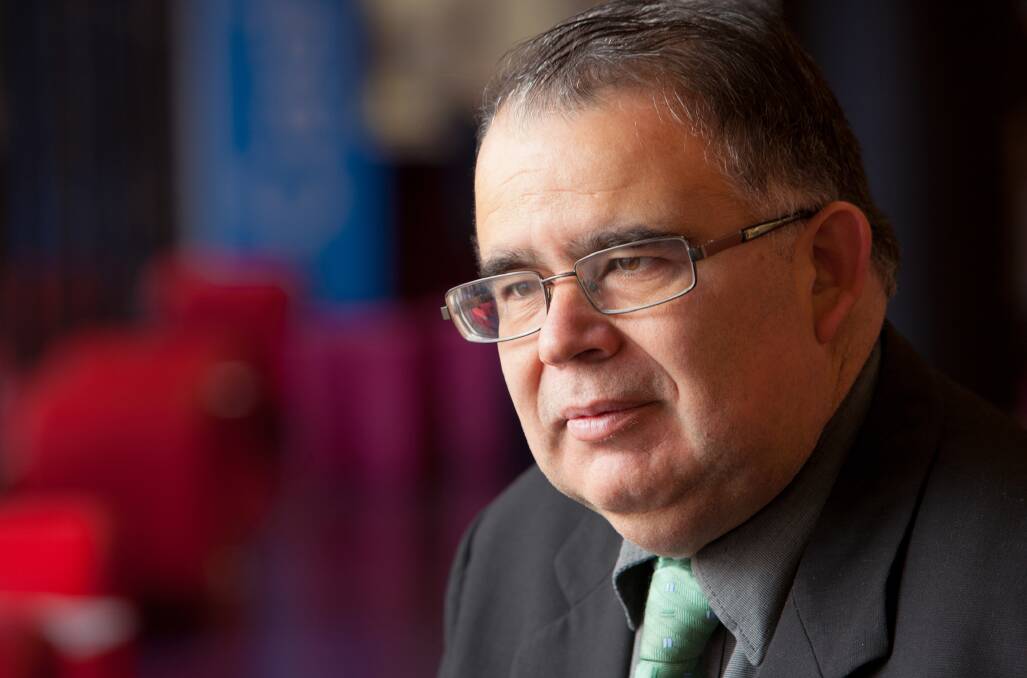
It may be a “hard sell” to convince voters at Dubbo and across Australia to switch to four-year federal parliamentary terms, a political scientist warns.
Subscribe now for unlimited access.
$0/
(min cost $0)
or signup to continue reading
Associate Professor Dominic O’Sullivan contests people “value that ability to kick a government out sooner rather than later”.
But voters would have to wait longer under an idea resurrected by opposition leader Bill Shorten.
Mr Shorten has made the case for fixed, four-year terms to take the place of the current system of three-year terms that are not fixed.
Associate Professor O’Sullivan of Charles Sturt University (CSU) acknowledges there are arguments for retaining the system currently in place, but contests the arguments for Mr Shorten’s proposal “are stronger, at least democratically speaking”.
“But I do think, having said that, it’s a hard thing to sell and, especially at times when confidence in the political system is not high, people do value that ability to kick a government out sooner rather than later and that argument is one that proponents will obviously have to counter,” he said.
The associate professor said a four-year term would give governments more time to see policies through.
“There is a difference between the politics of re-election and the politics of good government,” he said.
“And the precedents around the world do suggest policy making works better, government works better if there’s a longer term.”
Traditionally a prime minister alone has been able to determine an election’s timing.
Associate Professor O’Sullivan said being able to choose when to hold an election could be a significant advantage and changing to a fixed term could level the playing field.
“So we would know, years and years in advance, when the election was going to be held and there would be nothing a prime minister would be able to do about that,” he said.
“And that probably strengthens democracy I think if we do that.”


